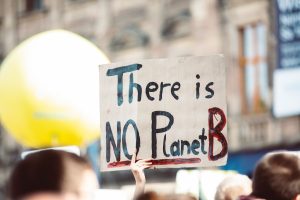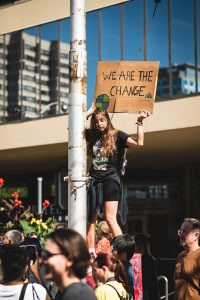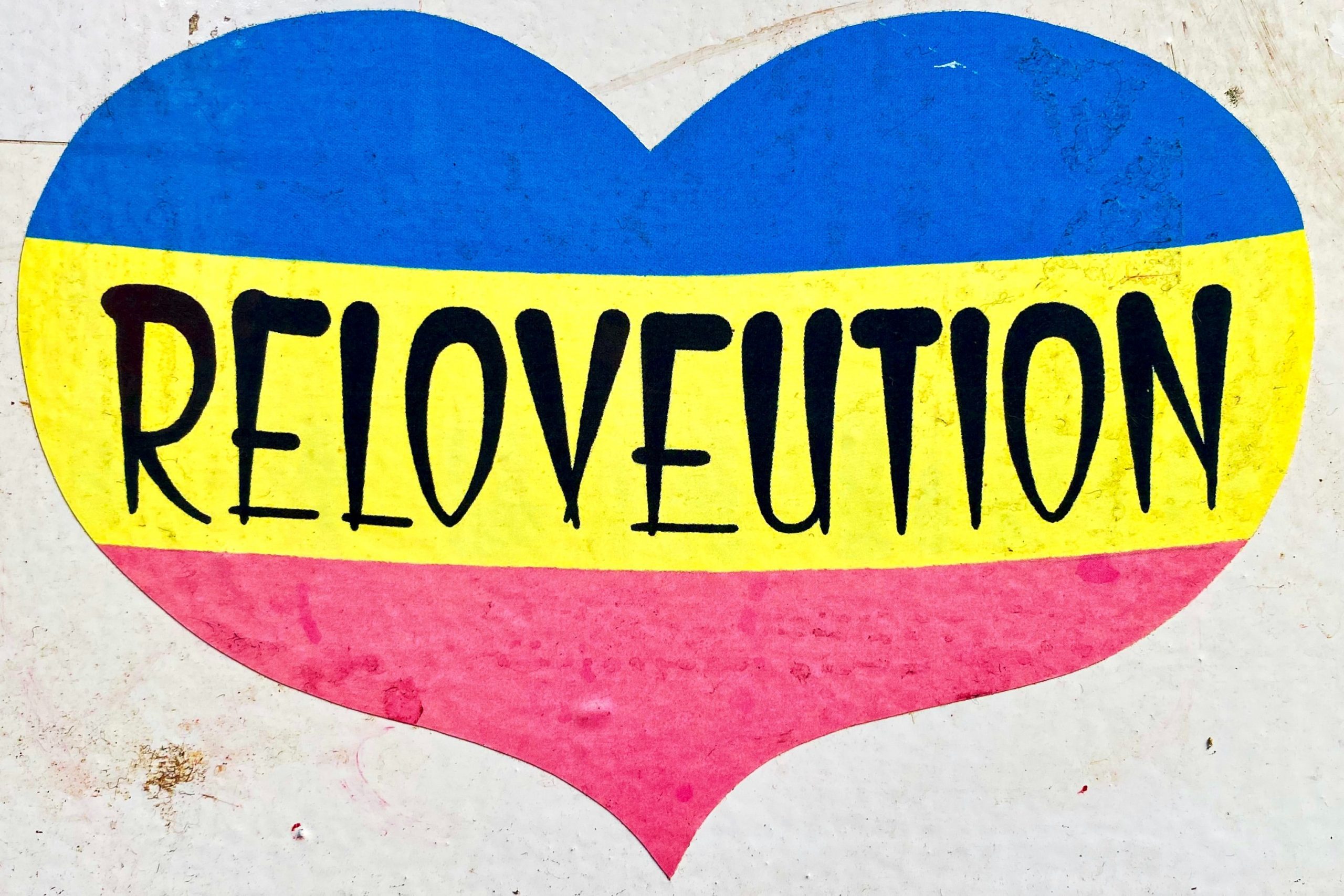I strongly believe the answer to most of the world’s problems is guilt.
Guilt is a corrective emotion and by that I mean it is this strange and mystical gift we have been given, which magically if listened to corrects our behaviour to make it in line with our moral and ethical code. Is that not amazing? All of us have this inside of us, and yet we are all avoidant of it. Most people respond to guilt with either denial or projection (i.e. “it’s not my fault, it’s your fault”), or shame. But shame is not guilt. Shame is you telling yourself how awful you are for your guilty act. Shame can be unhelpful often causing a sense of hopelessness and helplessness and leading to self punishment and depression. Guilt, however, is reparation. Guilt is the consequence of compassion.
As a therapist, I witness almost every day how painful guilt is, and the lengths people will go to, to avoid their guilt. Guilt is a felt-sense within us that tells us we have not lived up to our ideal and we need to correct and repair. This internal feeling is almost ineffable and powerful beyond physical pain, and most of us, if not all of us, avoid it, at all costs. Consequently guilt is one of the most warded off lived experiences, and the repercussions of this are catastrophic personally and globally. The inability to confront and feel our guilt has led us down dark paths and to a world that, at times, feels like it is falling apart. The below 5 examples may seem bleak, but with our innate ability to feel guilt, there is always hope of correction and repair.
. . .
1. Racism/homophobia/sexism etc…
You can only hate with the absence of guilt. To acknowledge mixed feelings towards an individual or group is more challenging emotionally, and so people often split off the part of them that is caring, loving, or empathetic and when they do this they do not have to face the guilt of their words/actions/thoughts and beliefs. Thus their avoidance of guilt leads to a loss of their humanity. A denial of guilt allows us to commit hate crimes and gives us permission to treat other people as lesser than. What would it be like, if every one of us were educated to nurture and tend the guilt inside us.
For example, as a white, heterosexual, able, neurotypical, educated male, there is no question I am privileged. I enter into most situations and do not have to think about how I am going to be treated, or responded to, or whether I will be safe or not. I cannot deny that amongst the reactions to my privilege is a want to deny others’ struggles, or think about my own personal adversities instead. Guilt is the feeling, I am least willing to go to, and yet my guilt is my empathy. This feeling is rarely nurtured in us. And yet our compassion, our empathy, our love for our fellow living beings is all right there, inside of us and sometimes it best found via our guilt. Imagine, if as a child we were taught about what our guilt can symobolise, how beautiful it is, and how we can tend to it, and enable it to grow into positive corrective action. I wonder, what actions we would all be compelled to make, if we had had the chance for our guilt to be cultivated. How much kinder and tolerant would we be if we were taught to be led by our guilt, instead of going to shame, denial or projection.
2. The Environment and Guilt

It seems pretty clear that we are destroying our world. And all of us are complicit, one plastic bag at a time, or one car journey at a time, or one flick of a switch at a time. But if we were honest with ourselves and really faced what our footprint was, how would we feel and then how would we act? The answer, of course is Guilt. Guilt would make us change the way we interact with the world, would make us stop and think each time we are wasteful. But due to our relationship with guilt, we avoid it, at all costs and go to a place of repression or denial. At its simplest, this means we do not think twice about being wasteful, but at its most severe we go to total and all out denial and find every which way we can to deny the evidence, that we are killing our planet. Again, it is far simpler and convenient to avoid guilt, then to face it and follow its impulse, which is corrective.
3. The Law and Guilt
To commit a crime, there has to be a movement away from guilt. If people were more literate in guilt, committing any crime would be complex emotionally and morally. Furthermore, when someone commits a crime, we punish. The act of being guilty is sub-contracted out to a jury and a judge and they are the ones that decide whether an individual is guilty or not. As a consequence, the individual who committed the crime does not need to feel guilty, as the penance he pays is through the time he serves. But we know, this is not wholly effective for people who commit crime. The recidivism rate in Australia is around 50% and those figures capture those who are caught. Imagine a world, where the person who committed the crime had a full experience of the guilt they work so hard to deny? That alongside one’s sentence, there was also an experiential component that focussed on helping the individual come face to face with his guilt. If one truly embodies that pain, it demands corrective action.
4. Mental Illness and Guilt
The very idea that we can call people ill when they have suffered so much through trauma, neglect, and abuse is a good example of how a mass denial of guilt can kill off our compassion as a society. We call people disordered and diagnose them with medical issues because to bear witness to their suffering places responsibility for their struggles on those that caused their suffering. We as human beings, have the capacity to create pain and torment in others, and when we as a society label the victims disordered, or as being “ill,” and medicalise their misery, we are scapegoating them. We are all complicit in this, because to really come face to face with the fact that we can have this impact on our fellow human, is gut-wrenching and guilt provoking. Furthermore feeling helpless to assist them is also guilt provoking. So instead, we have created a mass denial and stated those who suffer trauma, neglect and/or abuse are mentally ill or crazy. By doing this, no-one has labelled the things that happened to them as disordered or crazy and I cannot help wonder the terrible message this sends to people who suffer. Perhaps this is exactly why there is so much stigma in mental health. After all, if we all faced the truth about the causes of mental health, would there even be stigma?
5. Humanity and Guilt

Every violent act, every careless word, every selfish motive, every invalidation, every avoidance, can be repaired. Our humanity is our capacity to feel guilt. To feel guilt is to love your fellow human. Feeling guilty says so much about the person you are and your guilt, if you listen to it, will show you how kind, empathetic and wise you are. We are all mistake-makers, and thus we all feel guilty. Living in a peaceful and kind world, means each of us mastering the emotion that is guilt. War, hatred and violence cannot exist in the person who attends and curates the bit that makes them human, and that is their guilt.
I am of the strong opinion, we need a Guilt Revolution. We need to burst free from the shackles of our denial, repression and projection and turn away from our shame and instead learn how beautiful we are as people, by getting in touch with our innate inner goodness, and that is our guilt. Our wonderful, and precious guilt. It will set us free.


